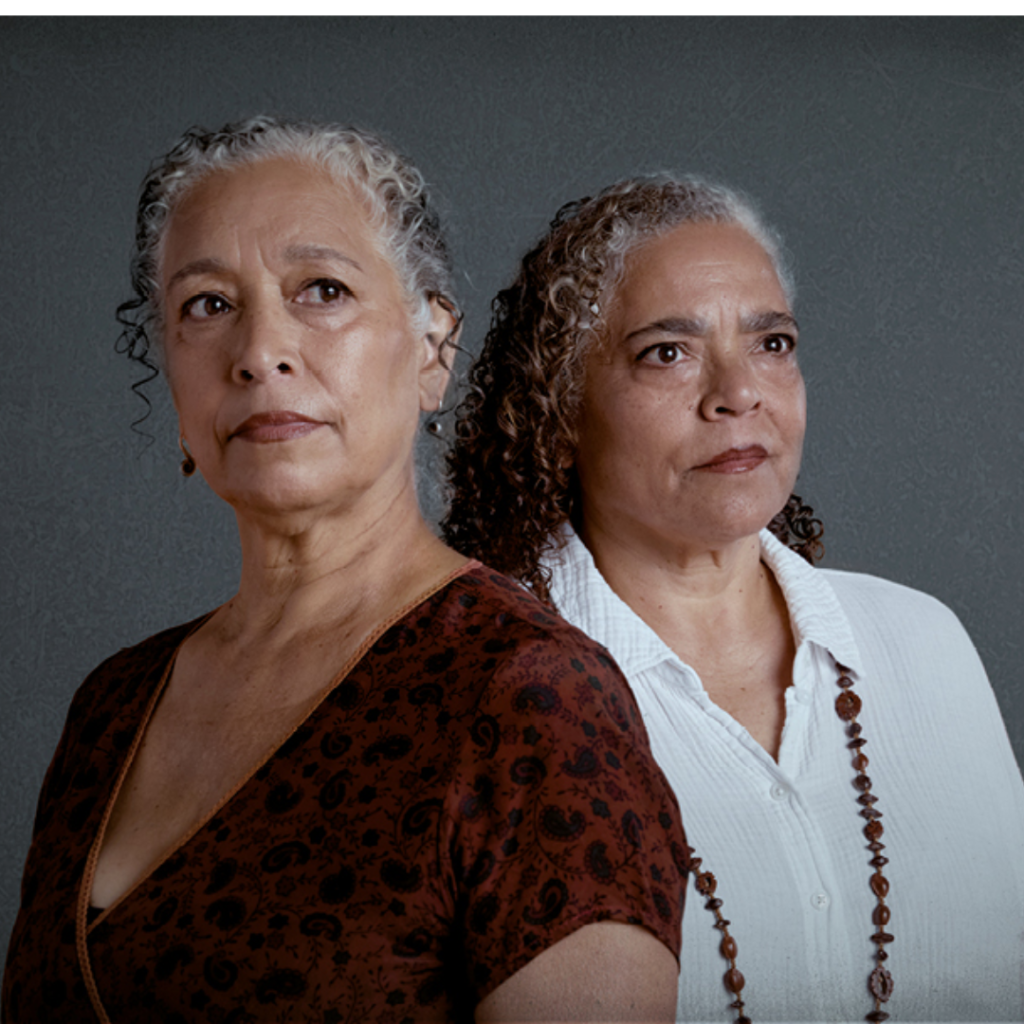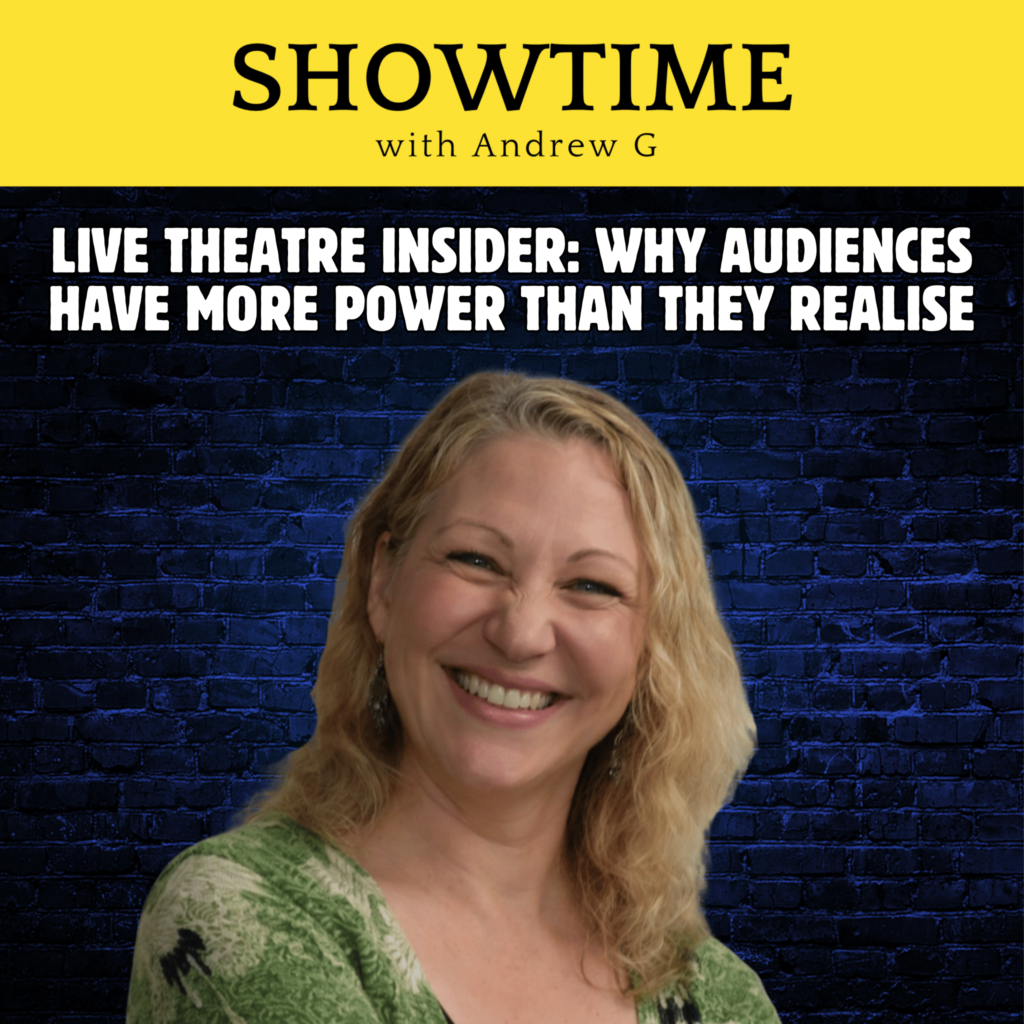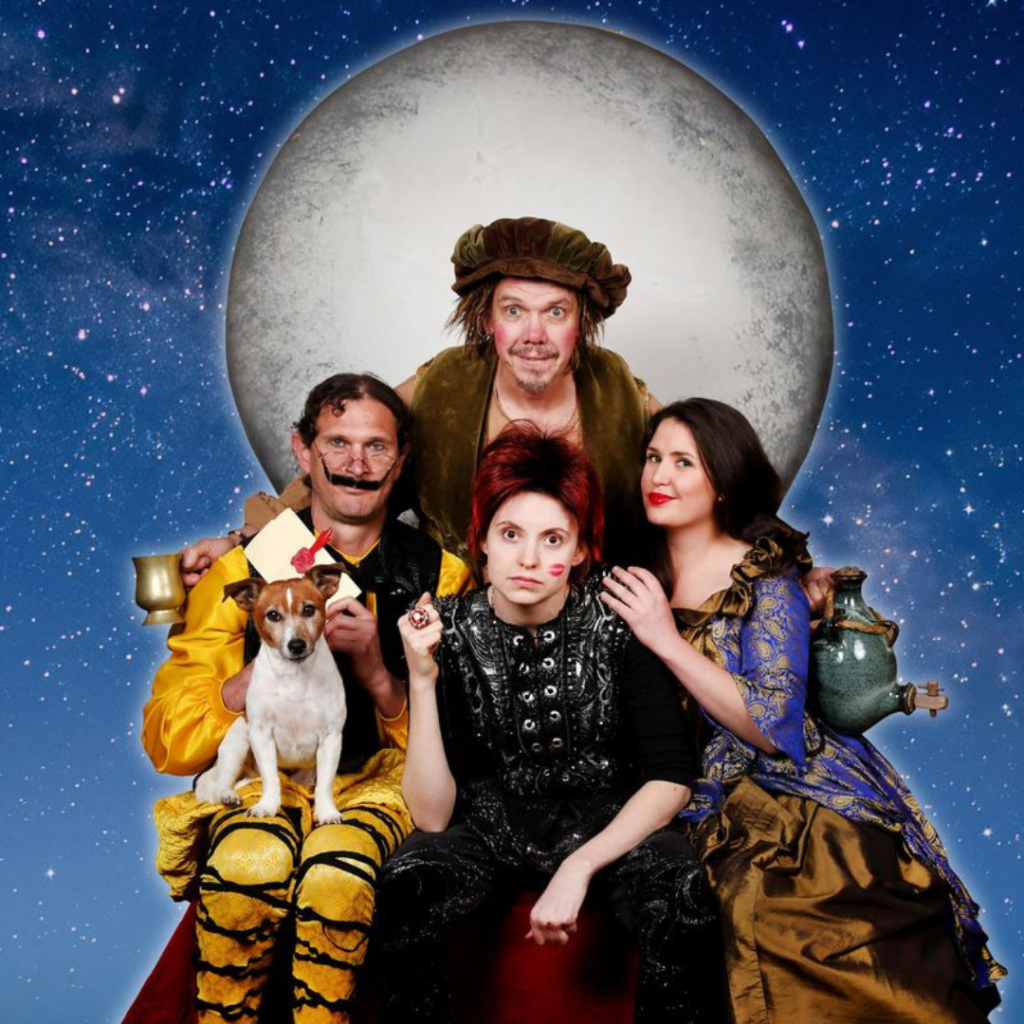She could light up a room like no other and yet her tragic fate was sealed early on. I speak of the sparkling, enthusiastic Lucia Joyce, daughter of famed author James (Ulysses – 1922). This is her story, as it is that of the relationship between her and Samuel Beckett, and between Beckett and James Joyce.

Lucia was a frail and sickly child whose great passion was dancing, although pursuit of it was knocked on the head by her family, who felt it was too taxing on her. She always felt like she was playing second fiddle to her father, who she believed cared more about his work than her.
Set in Paris in 1928, after the initial success of Ulysses, James used to lock himself away in his study and struggle to write just a few sentences a day, drinking heavily. He was creating what would become Finnegans Wake (1939). One person keen to meet him was fellow Irish scribe and budding author Samuel Beckett (Waiting for Godot). He prevails upon someone who is a mutual friend, Tomasso Grigio, to facilitate an introduction.
Before Beckett confronts Joyce, he presents to other members of his family. They include Joyce’s companion, Nora Barnacle (who would become his wife), their son Georgio, a singer, and Lucia. Lucia is immediately taken by Beckett and although he plays along, he is not interested in her romantically. Still, they keep meeting because James engages Beckett to undertake a succession of research tasks.

At one point matters come to a head, with Beckett falling out with the Joyces over his treatment of Lucia. Meanwhile, Lucia’s mental health deteriorates and James Joyce’s eyesight is failing him. The story unfolds in flashback after Beckett visits Lucia – by now an elderly woman – in a facility after her father has passed away, reviving fond memories of her dancing. That scene, in fact, tops and tails Samuel Beckett & The Rainbow Girl from writer Steve Carey.
It is a look into the troubled waters that all parties treaded. James Joyce continues to dine out on the success of Ulysses, but his personal relationships take a back seat to his writing. More than once, Nora is fed up with his inattention and threatens to leave, but doesn’t. Beckett, keen to be mentored, is, at first, putty in Joyce’s hands. And then there is Lucia, vivacious, gregarious, flirtatious, frustrated, angry and lashing out at being dealt unfair cards in life.

With engaging theatrics, period costuming and evocative set design (highlighted by a large desk strewn with books), Samuel Beckett & The Rainbow Girl is insightful. I felt like I was transported back a century, engaged and enlivened by the unfolding tale. The work has intellectual rigour, in the form of readings from James Joyce and Beckett, as well as the occasional lightness of touch.
The latter comes courtesy of some of the more rousing scenes, including Joyce’s celebrations marking the 10th anniversary of the release of Ulysses. Most prominent though is the desperation and spirit of Lucia as superbly rendered by Mary Agnes O’Loughlin. She dances and entrances. Her sad decline is a showcase of promise and a descent into madness. Hers aren’t the only acting chops worthy of praise.

Jeremy Harland is poised and prominent as Samuel Beckett, a man driven to refine his craft and find his own voice. Tref Gare’s theatrics and bombast as the self-absorbed James Joyce is another highlight. Carissa McPherson is given her moments to shine as Nora, a proud woman living with and sustaining Joyce’s vast shadow.
There is a confidence about Paolo Bartolomei’s performance as Tomaso Grigio. In one of the play’s most comedic scenes, he doubles as a haughty, slow-moving doctor attending to Samuel Beckett. Daniel Cook is measured as Joyce’s son Georgio, and boisterous and uppity as a man who confronts Beckett and Grigio in a street fight.

Director Carl Whiteside and artistic director Frances Devlin-Glass have found the sweet spot between the methodical, the whimsical and the melancholic. Unfolding with flair and fortitude, Samuel Beckett & The Rainbow Girl is on at St Martin’s Theatre until 23rd June, 2024.










